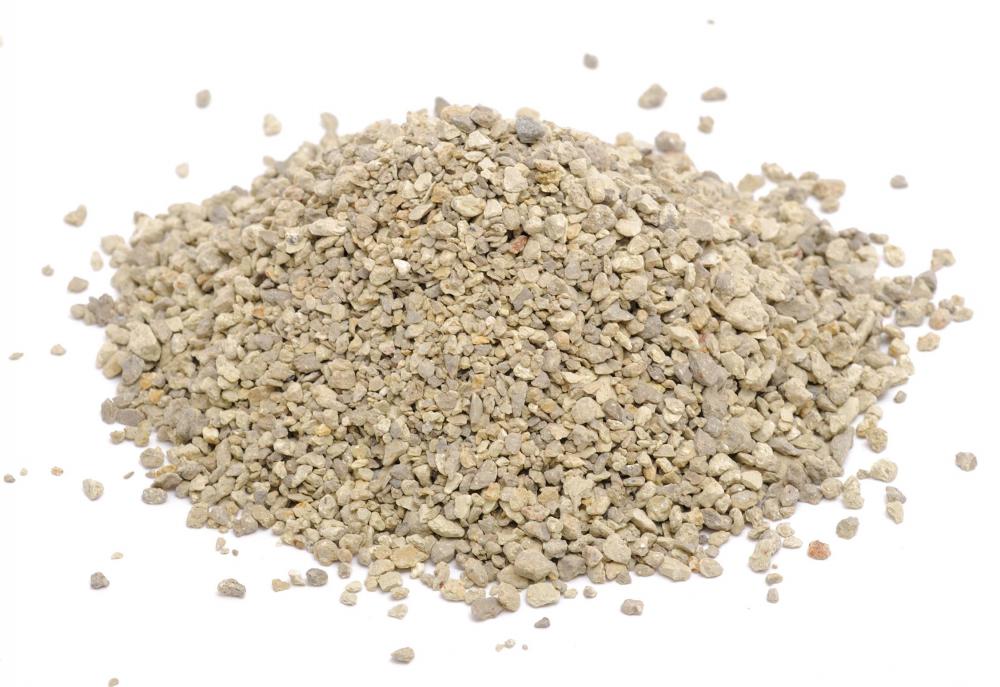At AllThingsNature, we're committed to delivering accurate, trustworthy information. Our expert-authored content is rigorously fact-checked and sourced from credible authorities. Discover how we uphold the highest standards in providing you with reliable knowledge.
What Are the Different Types of Ferret Supplies?
Ferrets are small, domesticated animals that are often kept as pets in the United States. They are generally low-maintenance pets, sleeping up to 18 hours a day. Daily exercise is required, as they have a lot of energy when awake. Basic ferret supplies include a cage or crate, litter, food, and toys.
A ferret’s cage should be large enough to hold the animal’s food and bed and for the ferret to freely move. The structure should be made of small-spaced wire or steel and include a solid bottom for holding litter. A cage with multiple levels and ramps can help entertain the pet and alleviate boredom. While, the cage ensures that the animal does not damage household items or consume any harmful materials while unsupervised, it is beneficial for the ferret to have daily playtime outside of the cage.

Ferret supplies should also include proper bedding and litter. They like to burrow and need some sort of separate bed, whether that is a small hut, a box, or a hammock hanging from the top of the cage. Ferrets use litter much like a cat, and the ferret’s cage can be lined with cat litter. Litter that clumps, emits dust, or is made from any type of wood shavings is not recommended. A water bottle can be hung from the side of the cage rather than in a bowl, as ferrets tend to play in the bowl and spill more of the water than they drink.
Food and treats are crucial ferret supplies. The animals have very specific protein needs in their regular diet, so a high-quality, ferret-specific food should be used. Food can simply be given in a small bowl attached to the side of the animal’s cage. A ferret should never be given dog food. Treats can consist of small bits of fruit or peanut butter, and should be using sparingly so that the ferret is still hungry enough to eat the protein-filled food.
A few safe toys should be included in ferret supplies, as ferrets love to play. Small animal-friendly toys can be purchased at a pet store. They enjoy tunnels, or anything in which they can hide, plush toys, balls to chase, and any toy that encourages exercise and enjoyment. Toys should be free of small parts that could be chewed off and swallowed. A loose ferret should be closely monitored, as the animal’s natural curiosity makes it prone to exploring any and all areas of a home.
Frequently Asked Questions
What are the essential housing supplies needed for a ferret?
A ferret's housing should include a spacious, well-ventilated cage with multiple levels to encourage climbing and exploration. Bedding made of soft materials like fleece is crucial for comfort, while litter boxes with safe, dust-free litter are necessary for hygiene. Accessories such as hammocks and tunnels provide enrichment and mimic their natural burrowing behavior.
What type of diet is recommended for ferrets, and what supplies are needed for feeding?
Ferrets are obligate carnivores, requiring a high-protein, high-fat, and low-carbohydrate diet. It's best to feed them quality commercial ferret food or kitten food as recommended by veterinarians. For feeding supplies, heavy ceramic or lock-on bowls prevent tipping, and a water bottle or bowl ensures a constant supply of fresh water.
How can I ensure my ferret gets enough exercise and stimulation?
Provide a variety of toys such as hard rubber balls, chew toys, and interactive puzzles to keep your ferret entertained and active. Ferrets also benefit from daily out-of-cage playtime in a ferret-proofed area, where they can explore and exercise. Playpens and ferret harnesses with leashes allow for safe outdoor adventures.
What grooming supplies are necessary for ferret care?
Regular grooming is vital for ferret health. Nail clippers designed for small animals are essential for trimming their nails, while ferret-safe shampoo is needed for occasional baths. Ear cleaning solutions and ear swabs help maintain ear health, and soft brushes keep their coat clean and reduce shedding.
Are there any specific health care supplies I should have on hand for my ferret?
It's wise to have a first-aid kit tailored for ferrets, including items like wound disinfectant, bandages, and a digital thermometer. Supplements such as hairball remedies and vitamins may be beneficial, but consult with a veterinarian for personalized advice. Deworming medications and flea preventatives are also important for maintaining your ferret's health.
What should I consider when choosing a carrier for my ferret?
When selecting a carrier, ensure it is well-ventilated, secure, and spacious enough for your ferret to move around comfortably. Soft bedding should line the bottom for comfort during travel. Carriers that allow easy access to your pet and have storage pockets for supplies are particularly convenient for vet visits or outings.
AS FEATURED ON:
AS FEATURED ON:











Discuss this Article
Post your comments